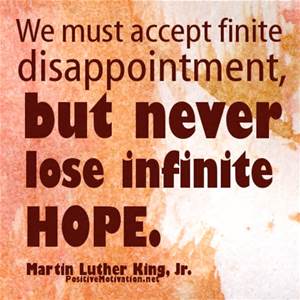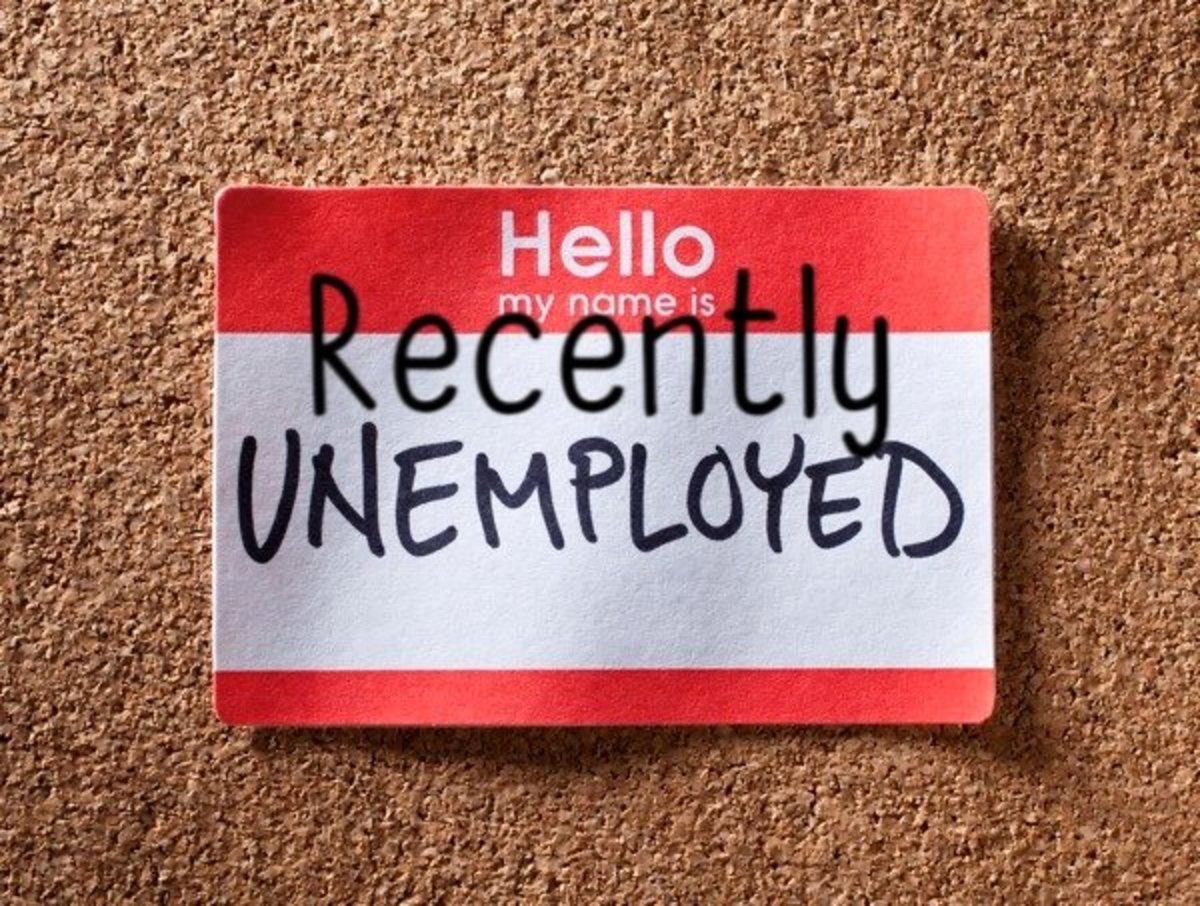When Hard Work Isn’t Enough: Lessons from Corporate America

Hard Work in Corporate America: Does It Really Pay Off?
Life has a funny way of throwing curveballs in your path. Over the years, I’ve experienced the best and worst in my career, often working contract positions. These roles, whether short-term or long-term, offered valuable experience across various industries—but came with their own challenges.
In 2015 I left my role at the Internal Revenue Service as a seasonal employee, seeking better financial stability. I was lucky enough to obtain a contract-to-hire position at one of the largest financial institutions in my hometown. The interview went smoothly, and I was hired within two weeks. The opportunity seemed golden: potential for growth, networking, and developing new skills.
Starting Strong: A Glimmer of Hope
Early feedback was overwhelmingly positive. Management valued my leadership skills, adaptability, and outgoing personality. During my first one-on-one meeting, they hinted at a possible leadership role. I attended empowering job events, shadowed different departments, and built strong references. For once, it felt like all my hard work would finally pay off.
But the honeymoon phase didn’t last. Soon after relocating to a new office space—moving from a cramped “closet” workspace with three colleagues to a more open floor plan—things started to shift. My optimism dimmed as a colleague transitioned to a permanent role while my own status remained unchanged. Then came the first ominous sign: a significant portion of our tasks was outsourced to a team in India.
We introduced ourselves to the India team during a video call. While it was framed as a collaborative move, I couldn’t shake the gut feeling that this wasn’t just an introduction—it was a quiet handoff.

The Inevitable Downturn
Months later, management announced a major transition. Our team got a new manager, and while she seemed competent, an unsettling feeling lingered. My fears were confirmed when a coworker confided during a break: new policies required a Bachelor’s degree for permanent hires. Those of us without one were essentially out of luck.
The announcement was formalized soon after. Management gathered us to confirm we were being let go, replaced by new hires—people we were expected to train. It felt like a slap in the face. Despite my hard work and commitment, my lack of a four-year degree sealed my fate.
Lessons from the Fallout
I left before my contract ended, securing another job elsewhere (a story for another time). But the experience left me questioning the value of hard work in corporate America. I had spent years building skills and gaining experience, yet it wasn’t enough to compete against others with degrees—or even fresh high school graduates.
Corporate America is a cutthroat world, where qualifications often outweigh experience. Perhaps this was karma for not finishing my Bachelor’s degree, or maybe it’s the harsh reality of a system that prioritizes credentials over people.
A Final Thought
Hard work doesn’t always pay off, and luck plays little part in the equation. It’s about choices—good and bad—and the relentless competition in today’s workforce. While I don’t regret the lessons learned, this chapter in my career reminds me that adaptability and perseverance aren’t always enough.
Jobs seeking degree holders
Which type of degree do you hold?
This content reflects the personal opinions of the author. It is accurate and true to the best of the author’s knowledge and should not be substituted for impartial fact or advice in legal, political, or personal matters.
© 2016 Donnetta Williams








